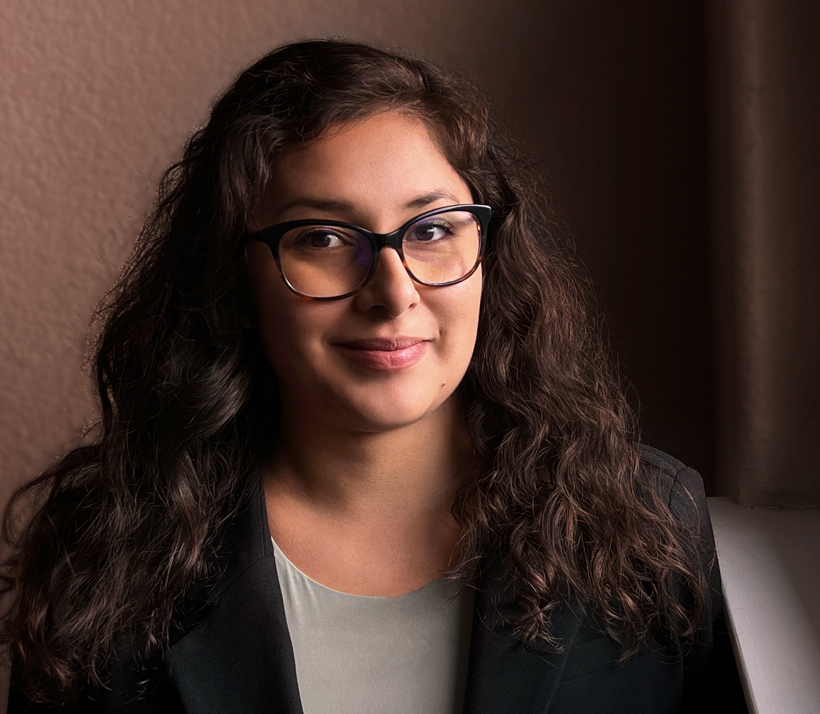- Everything people do at Apple is built upon respect for the varied human experience.?It’s what makes our products so accessible, our stores more welcoming and our company feel like a community.?Our DNAs may be the best embodiment of that idea — a natural extension of our inclusion and diversity values.?By fostering a culture of belonging, they can help you feel supported, connected and empowered throughout your career here.
- Each DNA community is led by its employee membership, ensuring it stays true to their vision. DNAs also have the support of a dedicated team of Community Advisors who offer guidance and resources to help develop strategy, coordinate events, and connect with leadership as well as the broader Apple community.?
- Many of us identify with more than one community or want to learn different perspectives as an ally.? Either way, you’ll find that our DNAs are open to all — you’re welcome to join any DNA.?And every DNA.
I belong@Apple
For over 35 years, people here have found community in Diversity Network Associations.










1986
First Apple DNA?founded
67
DNA?chapters worldwide, and?growing
55,000+
DNA?members worldwide, and?growing
With a community behind you, there’s more in front of?you.
People here are doing more through DNAs than ever before — and they’re happy to share their?experiences.
Community
Finding community can be like finding yourself.
Throughout the year, you’ll deepen relationships across a range of DNA events, including celebrations that honour heritage moments. You’ll offer each other support, you’ll take up issues that matter and you’ll realise you feel right at home.

“The most meaningful part of belonging to a DNA is finding strength in community.”
iLian, Familia@Apple and Women@Apple
“You want to sort out tough issues with people who really get you — your community.”
Jay, AsianPacific@Apple
“When people here see this big Juneteenth celebration, they say, ‘Wow!’ ”
Georgiana, Black@AppleImpact
Innovation is for communities too.
As a DNA member, you’ll help inspire Apple culture, shape the experience of people here, and influence our products and services. It’s an empowering way to share unique perspectives and experiences with the wider Apple community, including leadership.

“We helped Indigenous cultures and creators be seen and heard by more people than ever.”
Frank, Indigenous@Apple
“We wanted to expand our progress, to do something that could have a lasting effect.”
Tetsu, Accessibility@AppleCareer
Connect the dots by connecting with people.
Whatever your role at Apple, you’ll find ways to grow and lead through DNAs. You can develop professionally through networking, mentorship and learning opportunities. And you can help bring others in while you make new connections at inclusive conferences and career events.

“This was a way to develop more potential as an engineering leader — from outside engineering.”
Bianca, Women@Apple
“My DNA mentor said this is what I should be doing — it’s bringing out the best in me.”
Shirleena, Black@AppleVolunteering
Communities here support communities everywhere.
Through DNAs inside Apple, there’s more potential to invest in communities outside Apple. You can take part in volunteer activities that feel as meaningful to you as they do to those in need, locally or around the world.

“It’s really just about sharing kindness, from one human to another.”
Matthew, Pride@Apple
“We put together 500 boxes of food to feed thousands. It was wonderful.”
Belqise, Beacon@Apple

























